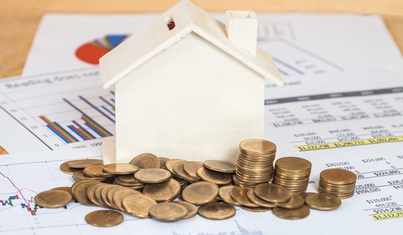Who needs to submit a self-assessment tax return?
Where tax has not been deducted from wages, pensions, savings income, or when people or businesses have earned additional untaxed income, a self-assessment tax return probably needs to be submitted.
For example, a tax return needs to be completed where:
- More than £2,500 from renting out property is earned
- You or your partner received Child Benefit and either had an annual income of more than £50,000
- More than £2,500 in other untaxed income is earned, for example commissions or tips
- You are self-employed as a sole trader
- Where you have an annual income over £100,000
- Earned income from abroad is received that you need to pay tax on
- In some cases where you have received trust income
Whilst not exhaustive the above list provides an insight into the number of taxpayers who need to file a self-assessment tax return.
If you fail to file your Self Assessment Tax Return by the 31 January, there is potential interest and penalties and these can be fairly onerous.
All of those people who should and haven’t filed a tax return will face an automatic fine of £100. Further fines, penalties and interest will occur for those who fail to complete their return after 3, 6 and 12 months. This is unless you contact the HMRC with a reasonable excuse, along the lines deemed to be acceptable by them and posted on their website, and trust me you have to have a pretty robust argument to avoid the penalties! Such an approach is only likely to lead to an extension of time to complete your return at best.
What then should you do?
Ideally you will now contact your accountants or Streets Chartered Accountants to ensure you complete and file your return without delay.
If however you miss the filing deadline, you will need to complete and submit the form without delay and include a full explanation to HMRC as to why it is late. To avoid further interest accruing and a 5% surcharge on any tax payable you will need to ensure that any tax due is paid before the 28th February 2020 at the very latest.
What if you continue to do nothing?
Not only will you incur the fixed penalty for not filing a return, those who file after 3 months from the 31 January deadline will be subject to a daily penalty of £10, up to a maximum of £900. If you are 6 months late with your return and payment, you then face a financial penalty of £300 or 5% of the overall tax. If you are over 12 months late you face a further fine of £300 or a further 5% charge of the overall tax liability. No “capping” applies to these penalties. Interest will also be added for late payment.
Where can I turn for help?
If you have an accountant or a tax adviser seek their advice. You may find that paying for this may be cheaper than any fines you could face and at least it will hopefully feel better value for money. You may too, if you are perhaps a little tardy in dealing with your affairs, wish to consider taking out Tax Enquiry Fee Protection – a policy which will pay for professional fees that result from most types of HMRC enquiry or investigation.



